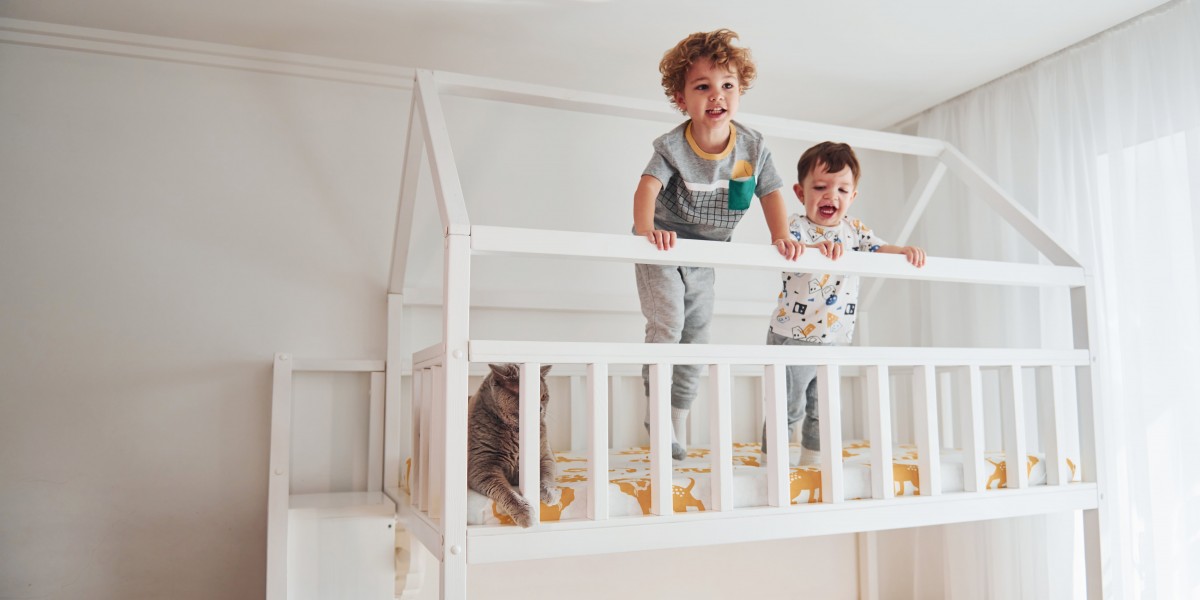When it comes to selecting interior doors for your home or commercial space, two popular options often come into consideration: fire-rated interior doors and cheap prehung interior doors. Each serves a distinct purpose, and understanding their differences can help you make an informed decision based on safety, budget, and functionality.
In this blog, we’ll explore:
What Are Fire-Rated Interior Doors?
Benefits of Fire-Rated Doors
What Are Cheap Prehung Interior Doors?
Pros and Cons of Budget Prehung Doors
Key Differences Between Fire-Rated and Cheap Prehung Doors
Which One Should You Choose?
Let’s dive in!
1. What Are Fire-Rated Interior Doors?
Fire-rated interior doors are specially designed to resist fire and smoke for a specified period, typically 20, 45, 60, or 90 minutes. These doors are constructed with fire-resistant materials such as:
Solid wood cores
Steel or mineral cores
Fire-resistant glass (if applicable)
They are commonly used in:
Commercial buildings
Apartment complexes
Garages leading into homes
Hospitality spaces
Fire Door Ratings Explained
20-minute doors: Basic protection, often used in residential settings.
45-minute doors: Common in commercial corridors.
60 to 90-minute doors: Used in high-risk areas like stairwells and industrial buildings.
Fire-rated doors must meet strict UL (Underwriters Laboratories) or NFPA (National Fire Protection Association) standards.
2. Benefits of Fire-Rated Interior Doors
A. Enhanced Safety
The primary advantage is fire containment, slowing the spread of flames and smoke, allowing more time for evacuation.
B. Building Code Compliance
Many commercial buildings and multi-family residences require fire-rated doors in certain areas.
C. Sound Insulation
Due to their dense construction, fire doors also offer better soundproofing than standard doors.
D. Durability
Fire-rated doors are built to last, often outliving cheaper alternatives.
E. Insurance Benefits
Some insurance providers offer lower premiums for properties with fire-rated doors.
3. What Are Cheap Prehung Interior Doors?
Prehung interior doors are ready-to-install units that come with a door slab, hinges, and a pre-attached frame. They are popular in residential settings due to their affordability and ease of installation.
Common Materials for Budget Prehung Doors
Hollow-core: Lightweight, inexpensive, but less durable.
Solid-core: More sturdy, better soundproofing, but pricier.
MDF (Medium-Density Fiberboard): Affordable, smooth finish, but susceptible to moisture damage.
Typical Uses
Bedrooms
Bathrooms
Closets
Home offices
4. Pros and Cons of Cheap Prehung Interior Doors
Pros:
✅ Affordable – Ideal for homeowners on a tight budget.
✅ Easy Installation – Comes with hinges and frame, reducing labor costs.
✅ Variety of Styles – Available in different finishes (paintable, stained, modern, traditional).
✅ Lightweight – Easier to handle compared to solid-core or fire-rated doors.
Cons:
❌ Less Durable – Hollow-core doors can dent or warp easily.
❌ Poor Soundproofing – Thin construction allows noise to pass through.
❌ Not Fire-Resistant – Offers no protection in case of a fire.
❌ Limited Security – Easier to break compared to solid-core or metal doors.
5. Key Differences Between Fire-Rated and Cheap Prehung Doors
| Feature | Fire-Rated Interior Door | Cheap Prehung Interior Door |
|---|---|---|
| Cost | Higher ($200 - $1,000+) | Lower ($50 - $300) |
| Material | Solid wood, steel, fire-resistant glass | Hollow-core, MDF, lightweight wood |
| Fire Resistance | 20-90 minutes | None |
| Soundproofing | Excellent | Minimal |
| Durability | Very high | Moderate to low |
| Installation | Requires professional fitting | DIY-friendly |
| Best For | Commercial spaces, safety-critical areas | Residential, budget-friendly projects |
6. Which One Should You Choose?
Choose a Fire-Rated Interior Door If:
You need fire protection (e.g., garage entry, apartment building).
Local building codes require it.
You want better sound insulation (e.g., home theaters, offices).
You prioritize long-term durability.
Choose a Cheap Prehung Interior Door If:
You’re on a tight budget.
You need a quick, easy installation (e.g., bedroom, closet).
Fire resistance is not a concern.
You prefer lightweight, easy-to-replace doors.
Final Thoughts
Both fire-rated interior doors and cheap prehung interior doors have their place in construction and renovation. If safety and compliance are priorities, investing in a fire-rated door is a wise choice. However, for budget-conscious homeowners looking for a simple, stylish solution, prehung interior doors offer great value.
Before making a decision, consider:
✔ Local building codes
✔ Your budget
✔ Long-term needs
Would you like recommendations on specific brands or installation tips? Let us know in the comments!
Need Help Choosing the Right Door?
Contact a door specialist or visit your local hardware store to explore options that fit your needs. Whether it’s fire safety or affordability, the right door can make all the difference in your space!
































